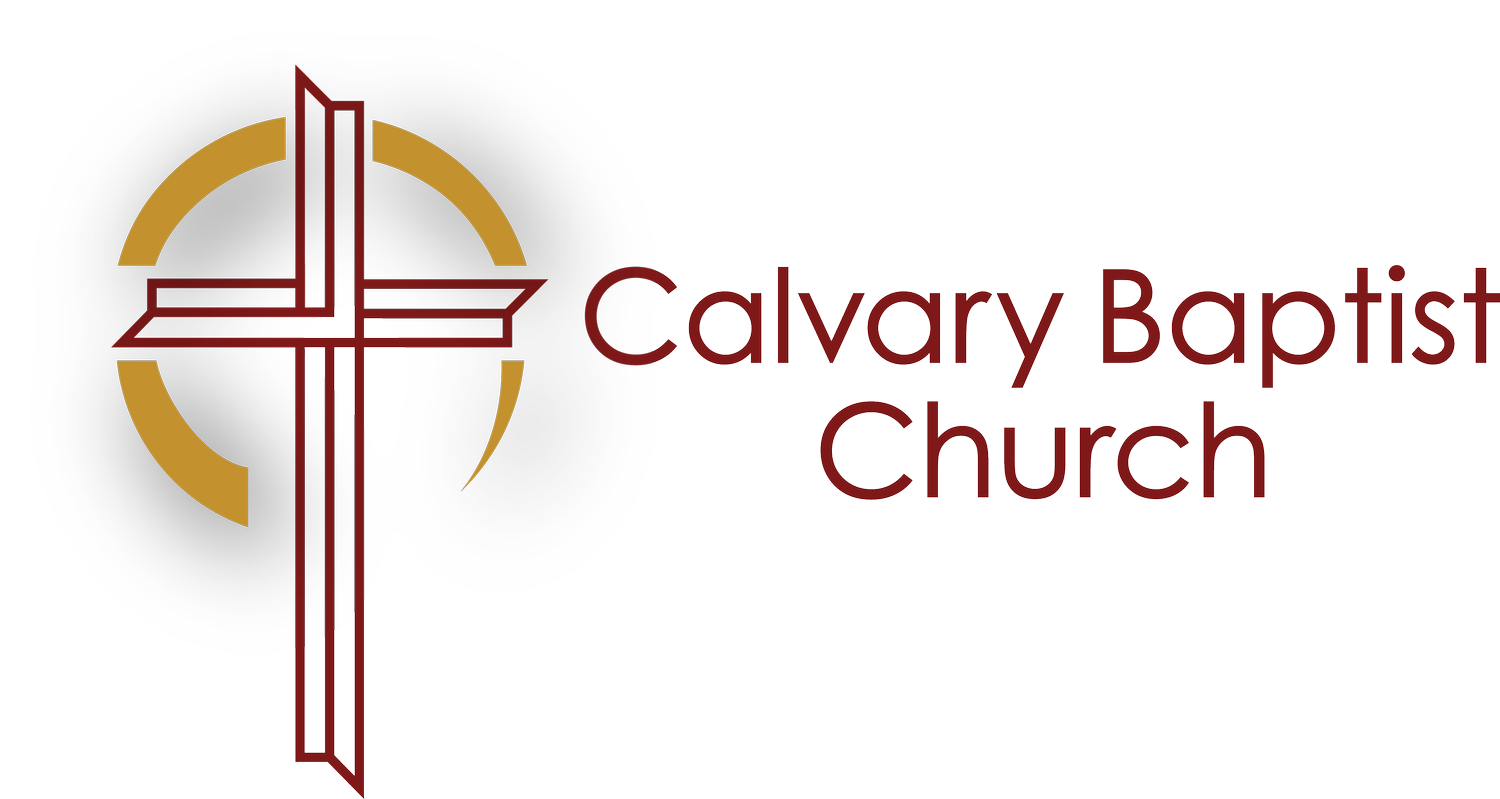Session #2- Adoration and Thanksgiving
Introduction:
Many people think of prayer primarily as a time for us to ask God to do things in our lives. To heal sick loved ones, provide patience to deal with a difficult co-worker, or provide the financial or physical resources we need to live. While asking is a core part of prayer, it is interesting to note that the first line of Jesus' model prayer is "Hallowed be your name" or "Let your name be honored as holy."
Before Jesus begins asking for anything, he makes a point to recognize the glory and goodness of His Father. For Jesus, adoring God is the doorway into the house of prayer. It helps give us the proper perspective and informs how we engage in all other kinds of prayer.
Tim Keller makes this point as he describes the effect that adoration has on our prayer life.
"Praise motivates the other kinds of prayer. The more we attend to God's perfect holiness and justice, the more readily we will see our own flaws and confess them. Seeing God's greatness also leads to supplication. The more we sense his majesty and the more we realize our dependence on him, the more readily we will go to him for every need. We could say that awe-filled adoration of God corrects the other forms of prayer." - Tim Keller in "Prayer: Experiencing Awe and Intimacy with God."
This form of prayer that pauses to reflect and honor God as holy has traditionally been referred to as adoration. Adoration has two main aspects, Praise (giving glory to God for who he is) and Thanksgiving (giving glory to God for what he has done).
Why do you think we most often associate prayer with asking rather than adoring or praising God?
When you pray, do you regularly spend time praising and thanking God for who he is before making requests? If not, how do you think this practice could shape your prayer life?
Adoration in the Psalms
There is no better place in Scripture to go to begin learning how to engage in the practice of adoration than the book of Psalms. The title of Psalms in Hebrew means "Songs of Praise," and the book functioned as a prayer and worship book for ancient Israel. While not every psalm is exclusively praise and thanksgiving, it is a theme found throughout, and the last five Psalms of the book specifically highlight the role of praise and thanksgiving in our relationship with God.
Read Psalm 145 Together and Discuss
What are some of the reasons the psalmist praises and thanks God?
How does this inspire you to practice praise and thanksgiving in your prayers?
Read Psalm 42:1-5, 9-11 Together and Discuss
What is your reaction to this psalm? What does it teach us about praising and thanking God?
What is so powerful about the act of praise and adoration even while suffering?
This Week’s Practice
Before your next meeting, set aside at least three times to practice a prayer of adoration using the Psalms as a guide. Follow the guide below if you need some assistance in how to do this.
Select from any of these psalms of praise and thanksgiving to use during your prayer time.
Psalm 100 Psalm 34 Psalm 111 Psalm 95 Psalm 146
Psalm 65 Psalm 98 Psalm 150 Psalm 40 Psalm 103
1. Select the Psalm you would like to use and find a quiet space. Begin your time of prayer with a few moments of silence. Invite the Holy Spirit to quiet any distractions and to make clear the glory and goodness of God in this Psalm.
2. Read through the Psalm out loud (Or listen to it read) as a prayer to God. Make a note of where you see the psalmist praising or thanking God. Don’t worry if there are parts of the Psalm you don’t fully understand. Find a few clear instances of praise and thanksgiving and record them.
3. Use the examples of praise and thanksgiving as a “springboard” for your own prayer. For example, Psalm 145 says:
“The Lord is good to all; he has compassion on all he has made.”
You can paraphrase this and pray something like:
Father, I thank you that you are good. That you demonstrate your goodness towards me with the grace of a new day. I praise you that you are the source and provider of every good and perfect gift in life. I thank that you have shown compassion to me in my moments of weakness and sin. I praise you for the compassion of Christ for sinners and the hurting….”
Repeat this process for a few specific praises and thanksgiving that you see in the psalm. Don’t worry about finding all the “right words” and allow there to be silence if you need.
4. Finally, spend a few minutes in “free praise,” offering God worship and thanks for whatever things happen to come to mind. Praise him for his character and love. Praise him for family and specific friends. Thank him for providing for your physical needs. After a few more moments of silence, close your prayer.
This can take practice, so don’t be discouraged if you find it difficult at first. If you find yourself getting distracted, use a simple prayer to recenter your heart and mind, such as “Lord, I praise you for your goodness” or “I thank you, Lord, that you are gracious and compassionate.” If all else fails, return to the words of the psalm and pray them as your own. Remember, prayer is about experiencing and connecting with God. Our focus is not on finding the right words but on growing in relationship with a person.
